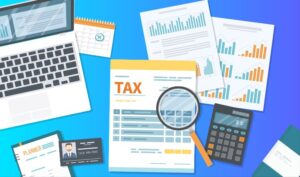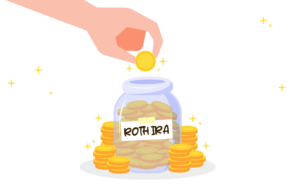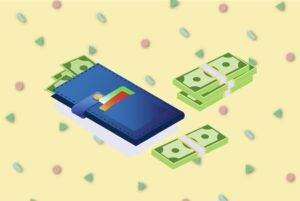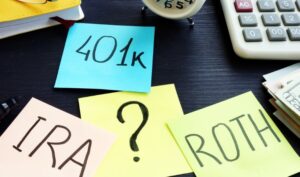
Is a Solo 401(k) Roth Employer Contribution Tax Deductible?
Thanks to the SECURE Act 2.0, which became law in December 2022, Solo 401(k) employer profit-sharing contributions can now be made in pretax or Roth.

Thanks to the SECURE Act 2.0, which became law in December 2022, Solo 401(k) employer profit-sharing contributions can now be made in pretax or Roth.

If you are a Roth lover and are self-employed or have a small business with no full-time employees, then you absolutely need to keep reading

The major difference between a Solo 401(k) plan and the Roth Solo 401(k) plan is when taxes are levied – now or later; the choice is yours!

The advantage of using the mega Roth strategy is to maximize your retirement savings. Report Roth 401(k) plan conversions with IRS Form 1099-R.

Solo 401(k) Tax strategy allows retirement investors to make non-deductible contributions. Not all custodians allow this, but IRA Financial Group does.

The Backdoor Roth IRA and Mega Backdoor Roth 401(k) are different, albeit similar, strategies one can use to have a tax-free retirement.

A Roth Solo 401(k) plan is advantageous because it combines the benefits as a Solo 401(k) with those of the Roth IRA to generate tax-free income!

When it comes to choosing between a traditional and Roth 401(k), you must decide whether you want to pay taxes now, or defer them until later.

One benefit of being self-employed is maximizing Roth contributions via a Solo 401(k) or SEP IRA so you can enjoy a tax-free retirement.

Even though Tax Day has passed, if you filed for an extension you can still perform a Mega Backdoor Roth Solo 401(k) for the 2022 taxable year.

Click here to schedule a call instead.
We don’t share your personal information with anyone. Check out our Privacy Policy for more information.
[email protected]
1-800-472-1043, Ext. 5258
IRA Financial Group
5109 S Broadband Lane
Sioux Falls, SD 57108-2208